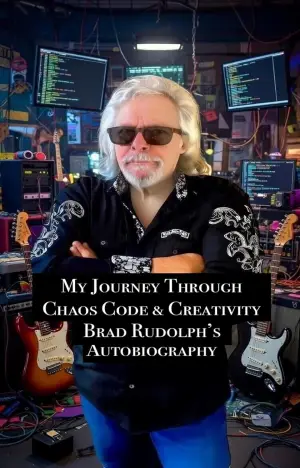Discovering "The Frindle Files": A Word-Lover’s Delight
As a child, I often found myself captivated by the sheer magic of words. The thought that something as simple and familiar as a pen could be called a "frindle" instantly resonated with me when I first read Andrew Clements’s Frindle. So, you can imagine my excitement when I learned that Clements had completed a sequel, The Frindle Files, just before his passing in 2019. Stepping back into the world of Nick Allen was like meeting an old friend again, and I couldn’t wait to see how he had evolved.
In The Frindle Files, we find Nick, once a mischievous fifth-grader, now navigating the complexities of adulthood as a teacher. It’s a poignant yet humorous exploration of a world transformed by technology—a fitting theme given the current climate of screen obsession and digital distractions that plague today’s youth. Clements skillfully captures the struggles that come with these modern challenges, such as online addiction and e-book piracy, while maintaining the lightheartedness that made Frindle a classic. Through his lens, we are reminded that words and communication continue to evolve, often in ways that leave us both amused and bewildered.
What truly struck me in this sequel was Nick’s passionate resistance to the pervasive influence of technology in education. His teaching philosophy, reminiscent of E.B. White’s contemplative prose, encourages students to think critically about their digital interactions. I found it utterly relatable when Nick declares, "If I could, I would take away every screen from you and all your friends for at least another three years." This insight not only resonates with many parents today but also serves as a reminder for educators and students alike to seek balance in their digital and literary lives.
Clements’s writing is refreshing and absorbing, seamlessly weaving humor and depth into every sentence. The pacing feels just right; it’s quick enough to keep younger readers engaged while offering up nuggets of wisdom for adults. The narrative’s accessibility reinforces its warmth and sincerity, inviting readers of all ages to reflect on their own relationships with language and technology.
One of my favorite moments reflects the heart of the story: Nick’s gentle reminder that "words are just made up by people." This idea, simple yet profound, encourages readers to embrace creativity and consider how they can contribute to the lexicon of the future. It’s a beautiful demonstration of the enduring legacy that reading and storytelling have on shaping our world.
The Frindle Files is perfect for middle-grade readers grappling with the dual forces of tech and tradition. Yet, I believe it holds significance for adults too—parents, educators, and anyone nostalgic for the innocence of childhood discovery. It encourages us to think critically about the narratives we construct in our lives, both on and off the screen.
In closing, I found The Frindle Files to be not just a sequel but a heartfelt continuation of a beloved story, illuminating the ongoing dialogue about communication in our rapidly changing world. It’s a book I will cherish and recommend, reminding all of us to celebrate the words we create—and perhaps even inspire us to invent a few new ones ourselves.






